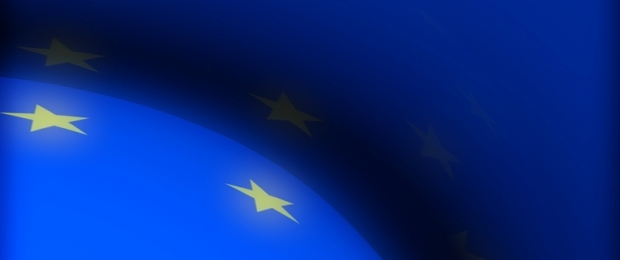
Transparency is no panacea?
We all want openness and accountability, but let's be clear that they don't guarantee the most effective method of Government. Several of the objectives we set for the European Union - an efficient single market; a single currency which commands public confidence and proves a reliable store of value; a Community which redirects its spending away from agriculture and towards the new members and the neediest regions - are in fact most likely to be achieved by a degree of insulation from public scrutiny and the media spotlight.
Unfortunately, the presence of the media at the six-monthly European Councils ensures that the normal diplomacy of a European negotiation gives way to heads of government playing macho politics for public consumption. Thus in Maastricht and in Edinburgh (1991 and 1992), Felipe Gonzalez insisted on the establishment of - and then a massive increase in - the economically-dubious Cohesion Fund (for Spain, Portugal, Greece and Ireland), as the price of agreement on the budget package. Nor does the presence of the media in the Council of Ministers do anyone any good: the experiment of open sessions with TV cameras present has created mind-numbing tedium. The politicians stick studiously to the anodyne and the banal.
Even supposing that some resourceful TV or radio station could actually identify an audience for the proceedings, can anyone suppose that the real action would take place in open session? The horse-trading would simply move into the corridors, lending even more credence to conspiracy theories. Thus the policy of so-called openness would diminish the credibility of the Council. Votes in the Council are already rare, because the framework of a deal is usually stitched up beforehand, in COREPER, the committee of permanent representatives to the EU. If the media were present, ministers would avoid taking votes altogether. Viewers would be mystified witnesses to an eerie consensus, Japanese management-style. Greater transparency would simply lead to easier identification of the losers. With difficult and acrimonious discussions looming on reform of the Common Agricultural Policy and the structural funds, a policy of openness would only make it harder for political leaders to take difficult and unpopular decisions.
In a post-ideological world, the goods which for generations looked inherently contentious (like free markets, tax cuts, deregulation and privatisation) have seen their universal validity affirmed in much of the world. Many of the supporters of a single currency see this as a logical corollary. It follows that if we are serious about the principle of sound money, the sooner we take monetary policy out of the realm of competing policy choices and into a quasi-scientific mission to preserve the value of people's savings and pensions, the better. The more accountability we force on the European Central Bank, the more we will encourage expectations which - under the terms of the Maastricht Treaty - cannot be fulfilled.
History has proven that while open systems of government may or may not be efficient, closed ones rarely are. But the democratic models, standards and practices of the nation-state cannot all be applied to the EU, which is a unique, transnational political system. The EU's politicians are wrestling with crucial policy dilemmas which will profoundly affect the future shape of the Union. The outcomes of these struggles will be disappointing if we always tempt our politicians to play to the gallery. So let's give the technocrats the chance to deliver the goods.
